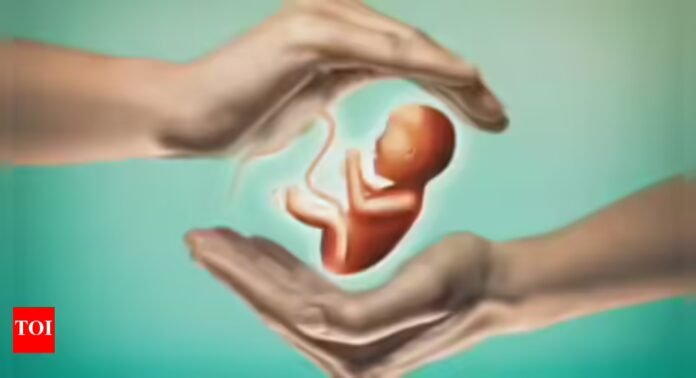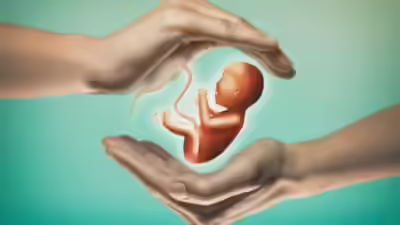KOLKATA: About 15% of couples seeking IVF in Kolkata are now aged below 30 due to early onset of fertility issues or because they don’t want to wait for a natural conception. A decade ago, 95% of couples seeking assisted reproduction were in their mid to late thirties or older, experts said on the eve of World IVF Day on Friday.Doctors say both medical and lifestyle factors are contributing to rising infertility among younger people. Among those seeking help, about 80% opt for IVF; they often have pre-diagnosed conditions like endometriosis or polycystic ovary syndrome.

“While a growing number of couples are deferring parenthood for career reasons, there are others seeking IVF due to early onset of infertility. They are in their mid to late twenties but have issues like ovarian cysts or low sperm count. Some are not willing to wait as they fear delaying pregnancy may lead to a complicated or failed IVF. So, we are seeing more couples below 30 going for IVF than ever before,” said Bani Kumar Mitra, founder of fertility clinic Abha Surgy Centre.Approximately, one-third of fertility cases at these centres involve conditions that are increasingly being associated with lifestyle and environment factors, according to data compiled by Birla Fertility & IVF. These include PCOS, premature ovarian insufficiency, azoospermia (absence of sperms) and sub-optimal sperm parameters. Contributing factors such as poor diet, chronic stress, irregular sleep cycles, smoking and exposure to urban pollution are being reported more frequently among younger patients.“What we are seeing in Kolkata is both encouraging and a matter of concern,” said Swati Mishra, Centre Head and Senior Consultant at Birla Fertility & IVF, Kolkata. “On one hand, more individuals in their late 20s are seeking early intervention, which often leads to better outcomes. On the other, we’re managing a growing number of fertility challenges that are lifestyle-induced, ranging from PCOS and endometriosis in women to poor sperm health and azoospermia in men. Premature ovarian insufficiency is also showing up in younger age groups, something we did not see as frequently five or so years ago. These trends reflect changing reproductive timelines. The need of the hour is early fertility assessment, lifestyle correction, and greater public awareness to counter this silent crisis before it escalates.”Gynaecologists, however, warn that infertility is reversible for those in their twenties. “It is often reversible and many are being wrongly led into premature IVF that benefits only the clinics. Lifestyle modification and medication work in a significant number of cases,” said Charnock Hospital gynaecologist Dibyendu Banerjee.Gautam Khastagir, founder of fertility clinic Birth, said improved IVF techniques and higher success rates are luring younger couples to IVF. “The majority of my patients are still in their mid-thirties but we are seeing more below-30 couples now,” he added.Fertility experts say many IVF-seeking couples also face distressing challenges like unexplained infertility and recurrent IVF failure and integrating genetic testing, pre-implantation genetic testing, pre-conceptional carrier screening and prenatal diagnostics into mainstream fertility care can raise the success rate. “By identifying silent carriers of serious inherited conditions such as thalassemia and spinal muscular atrophy, even in couples without any family history,” said Sujoy Dasgupta, clinical services director of Genome – The Fertility Centre.







